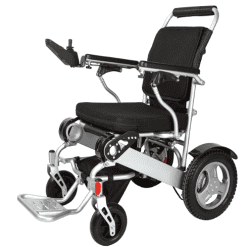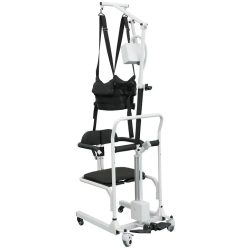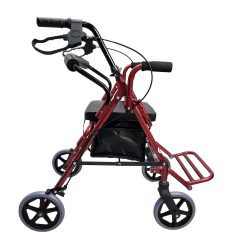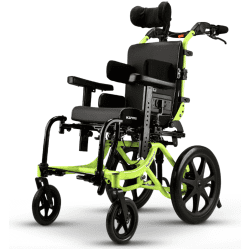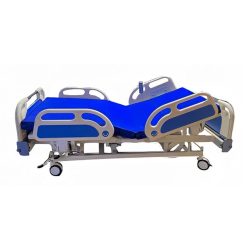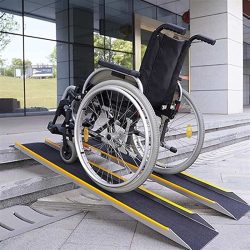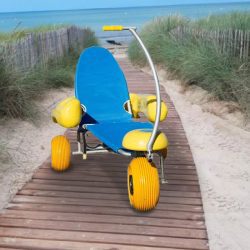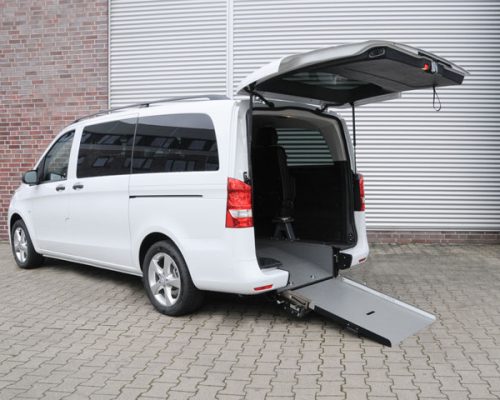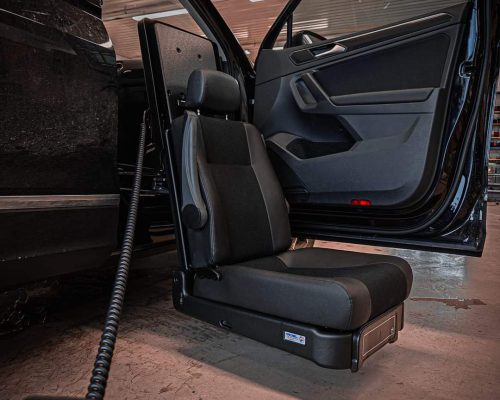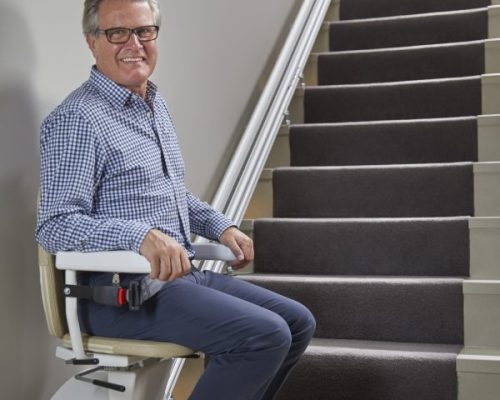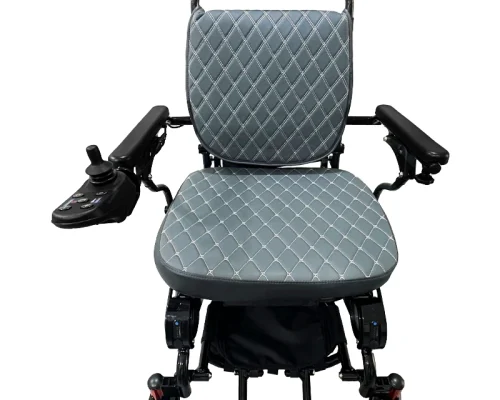Table of Contents
ToggleSelecting the right wheelchair for our aging loved ones is an important decision since this can significantly affect their comfort and mobility. As we age, we’ll have more difficulty moving, making it essential to have a wheelchair that can help us move around.
There are several factors to consider when choosing a wheelchair for elderly users such as the user’s condition, lifestyle and how frequent the wheelchair will be used. With numerous options available in the market, from manual to electric wheelchairs, finding the perfect wheelchair requires a lot of thought.
Mobility Needs
The first consideration when looking for a wheelchair is the user’s specific mobility needs. Each individual has different physical conditions and mobility limitations.
Level of mobility assistance
The best lightweight wheelchair for elderly people who still want to be self-sufficient and still have the ability to lift themselves and with upper body strength, is a wheelchair that is maneuverable.
While there are those with existing health concerns and mobility limitations who would benefit more from a motorized wheelchair.
Tailoring the choice of wheelchair on the user’s mobility needs not only ensure their mobility needs are met, but also provide them a sense of autonomy that contributes to their overall well-being.
Intended Use
Another factor to consider when selecting the best wheelchair for elderly is its intended use. Different wheelchairs are designed for different uses and understanding the specific activities and environments in which the wheelchair can be used is important.
Indoor use
If the wheelchair will only be used primarily indoors, a wheelchair that is maneuverable in tight spaces, can easily pass through doorways, and comfortable to sit on during extended periods of use are the primary consideration.
Outdoor use
On the other hand, if outdoor activities or rough terrains are anticipated, a heavy duty wheelchair such as the bariatric electric wheelchair with sturdy wheels may be more suitable.
Explore our Electric Mobility Scooters
Bathroom use
There are wheelchairs designed specifically for bathroom use and using other types of wheelchairs for the bathroom is dangerous. The perfect bathroom wheelchair for elderly is compact, made out of waterproof materials and can be easily navigated through confined bathrooms.
Safety features are also important such as non-slip grips for stability on wet surfaces, and secure brakes for when the wheelchair needs to remain stationary. These specialized bathroom wheelchairs not only keep the elderly safe but also contribute to their independence in maintaining personal hygiene.
Comfort and Support
Choosing the most comfortable wheelchairs for elderly is important. However, we shouldn’t overlook the need for proper support when looking for a wheelchair.
Features
Some wheelchairs come with special features such as padded seats, adjustable backrests, and armrests. These features are essential if the user will use the wheelchair for an extended period of time. These features not only provide comfort, they also help avoid pressure sores, and fatigue.
Type of Wheelchair for Elderly
There are different types of wheelchair with its own pros and cons of use. Knowing what these are will make the choice on which wheelchair is the best for your loved ones.
Manual wheelchairs
- Most affordable type of wheelchair
- Simple and does not require charging
- Suitable only for those elderly who still have mobility (unless propelled by a caregiver)

Electric wheelchairs
- Provide powered mobility
- Convenience and independence especially for elderly users with limited strength and mobility
- An electric wheelchair is pricier and needs regular charging of the battery
Wheelchair safety for senior users
To prevent any accidents, prioritizing safety features when selecting a wheelchair for your aging loved one is a must.
Safety considerations
Key safety elements when selecting a wheelchair include secure brakes to ensure the wheelchair will not move or wheel to incoming traffic or down a wheelchair ramp unsupervised, anti-tipping mechanisms to prevent the risk of the elderly tipping over, and adjustable seat belts for added security during transport.
Standards and regulations
It’s also important to ensure that the chosen wheelchair meets safety standards and regulations. Compliance with these regulations mean that the wheelchair has undergone rigorous testing to guarantee it’s safe for older users.
Adjustability and Customization
A wheelchair that is adjustable and customizable offers a lot of benefits for elderly individuals. Customizing the wheelchair to the specific needs and preferences of the user ensures a more personalized mobility experience.
Adjustable features such as seat and armrest height and backrest angle, enable fine-tuning to the elderly user’s unique physique. With this, the risk of discomfort or pressure sores is lessened. Customization options also cater to the users’ diverse lifestyles and activities.
Moreover, the elderly user’s needs change over time. An adjustable wheelchair can still adapt to accommodate these changing requirements, extending its usability.
Conclusion
Choosing the right wheelchair for an elderly loved one is a decision that is not solely based on functionality; it’s an investment in their quality of life. It’s a decision we shouldn’t take lightly and asking the professional recommendations of mobility experts is recommended.
Gilani Mobility is your trusted mobility experts providing you with high-quality mobility products such as wheelchairs, mobility scooters, patient lifter and vehicle and home modifications for more accessible solutions.
FAQs
What type of wheelchair is best for elderly?
The best type of wheelchair for an elderly person depends on several factors, including the individual’s specific needs, mobility level, lifestyle, and preferences.
When should an elderly person use a wheelchair?
The decision for an elderly person to use a wheelchair depends on their circumstances and mobility limitations. Some reasons why an elderly person needs to use a wheelchair aside from mobility are fatigue, recovery from surgery or injury, and chronic health issues.

